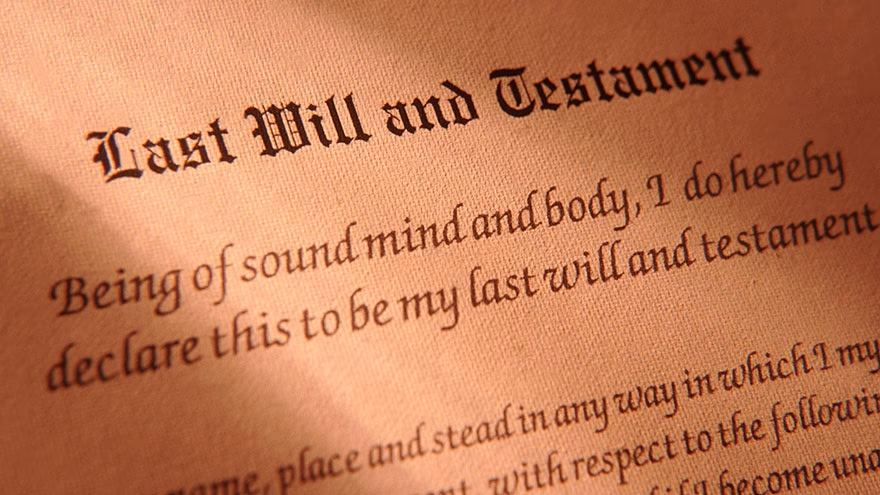Things You'll Need
- Method of payment
4 Steps To Pay A Probate Lawyer

1. Hire A Lawyer Who Will Be Best Suited To Represent Your Or The Decedent's Estate
It is important to hire a lawyer that has some experience with probate law.
2. Determine How The Attorney Would Like To Be Paid
Some attorneys will work on a contingency basis; others will require a retainer fee. It is important to agree to payment terms in advance, since you will be responsible for payment.
3. Ask Whether He Or She Will Accept Cash, A Credit Card, Or A Check İn Payment For His Or Her Services
4. Pay The Attorney Based Upon His Or Her Answer
In some instances, the attorney may require a certain amount of money up front as a deposit or retainer, with the balance payable upon completion of services.
Tips and Warnings
- Make certain that you have the funds available to pay for any legal services, especially if you are paying by check.
- Be aware that you will be required to pay for any filing fees associated with probating a will or an estate. These fees are determined by the state in which the probate occurs.
You Might Also Like :: How to Fire Your Probate Lawyer
Save for later
Found this helpful?
Pin this article to your Pinterest board and come back to it whenever you need a reminder.
Save to Pinterest


